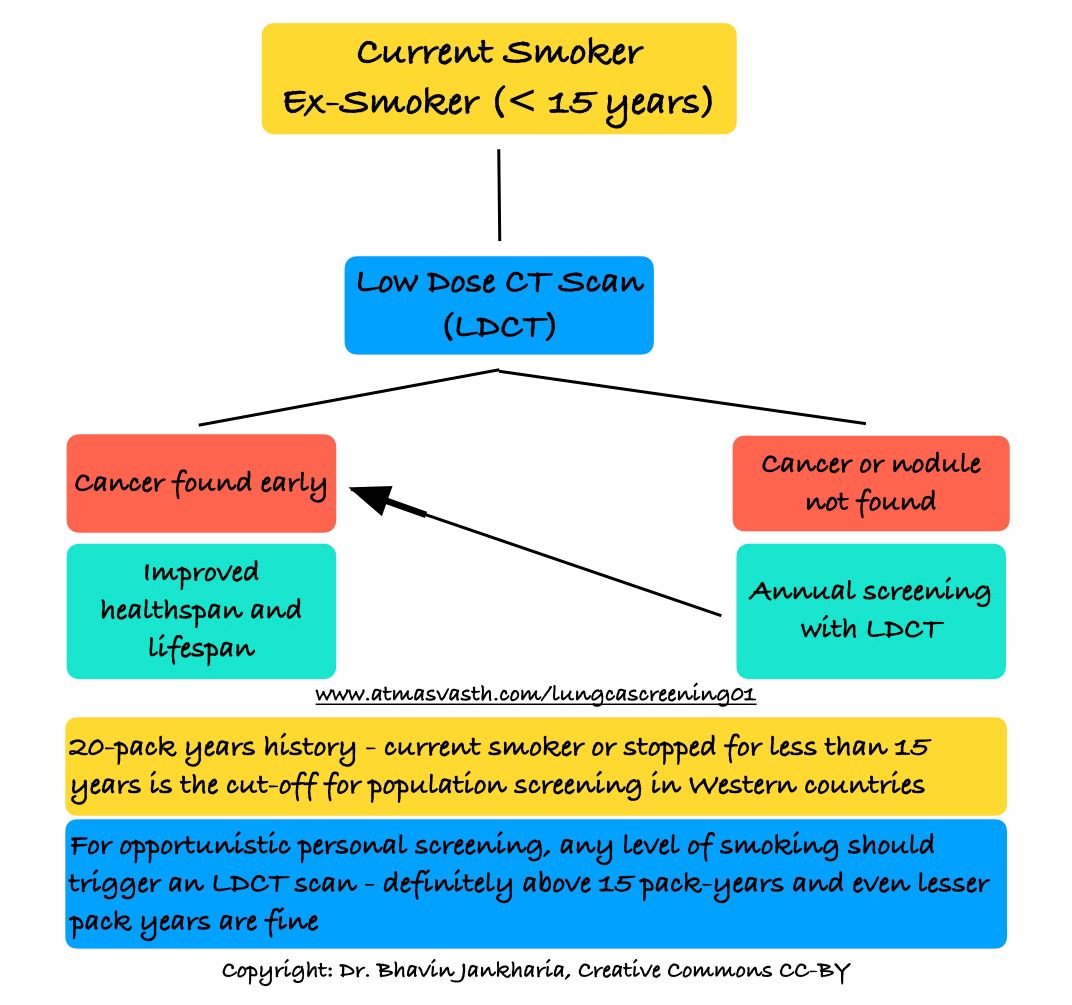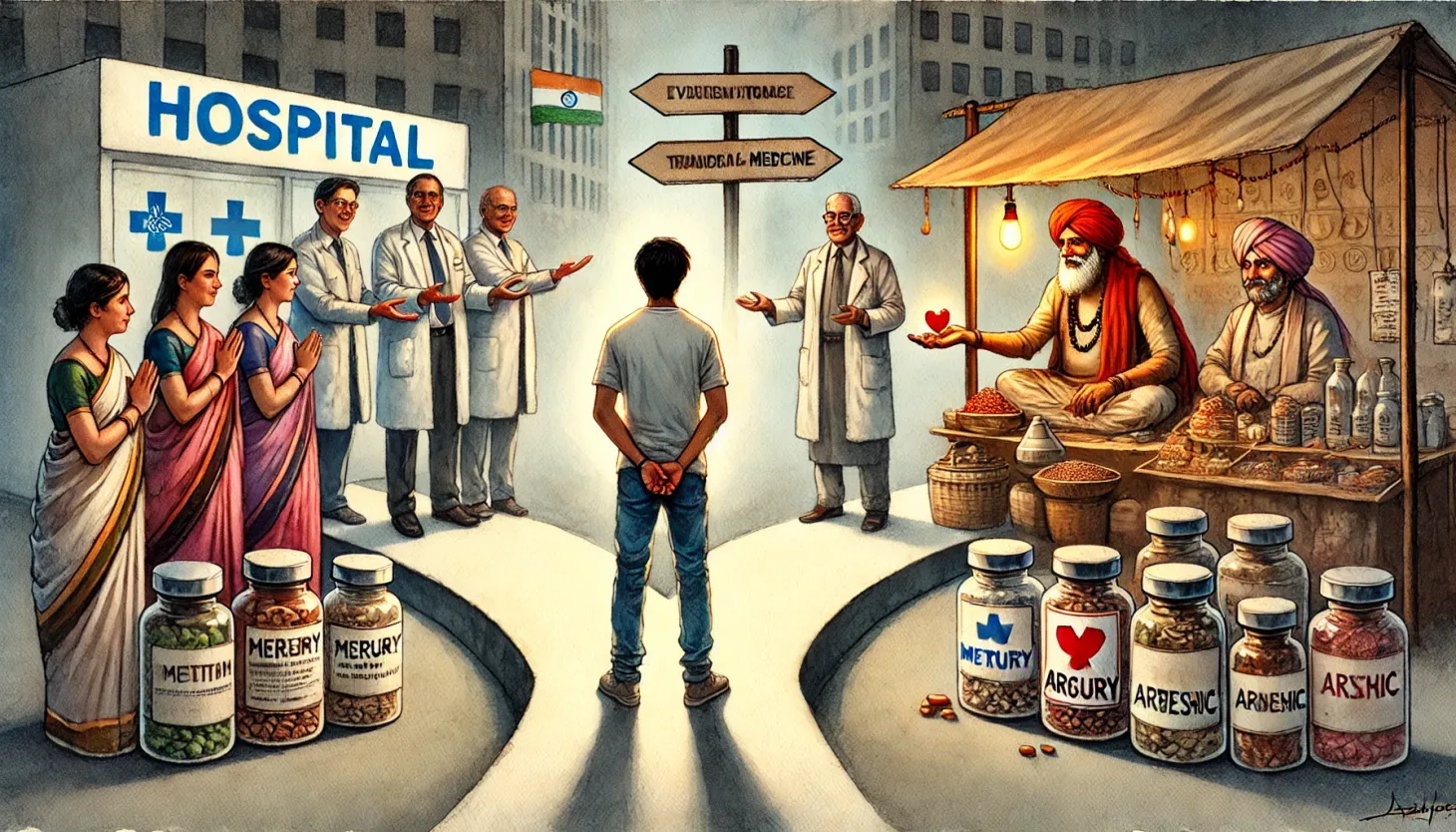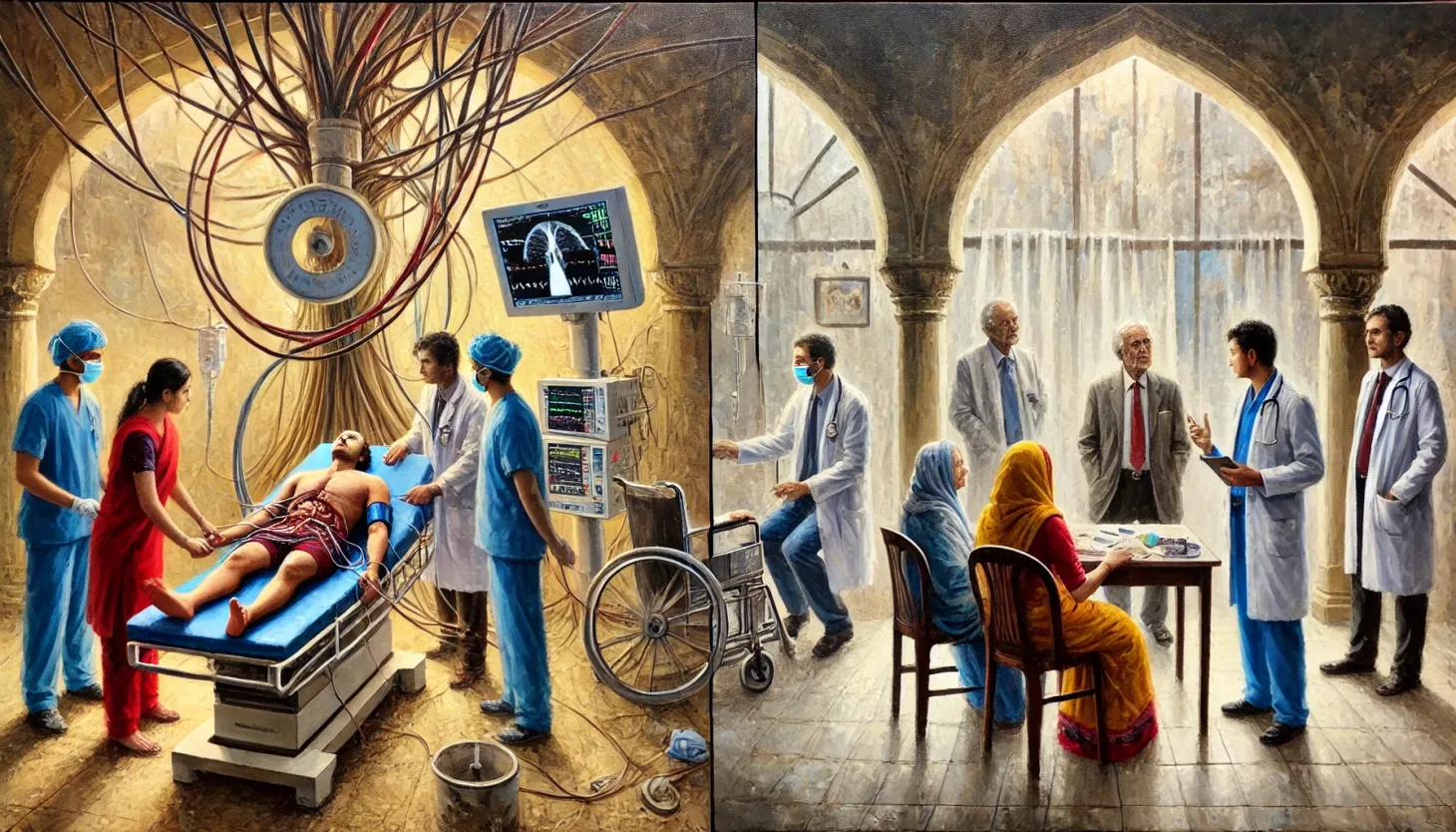Lung Cancer Screening with LDCT in Smokers Saves Lives
Lung Cancer Screening with LDCT in Smokers Saves Lives

Any hospital or diagnostic centre that does health check-ups will offer at least one cancer screening package with a bunch of laboratory and other tests performed to detect cancer in the body. In some countries, a few hospitals also offer whole body MRI or PET/CT or even CT scan to look for suspicious lesions that may turn out to be cancerous.
You can listen to the audio/podcast hosted on Soundcloud by clicking the Play button below within the browser itself. You can click here to access directly from your email.
It is logical to assume that if we pick up a cancer early, we can beat it by treating it well in time. Unfortunately, this is not true in real life, except for breast cancer screening with mammography, which I wrote and spoke about some weeks ago, colonic cancer screening in Western countries with colonoscopy, PAP smear screening for cancer of the cervix and perhaps to a certain extent with prostate cancer screening, which I will address in a few weeks. Many a times, all that happens with an early cancer pick-up is just that…an earlier pickup, which however does not change the trajectory of the disease (lead-time bias) and we just land up living with that cancer for a longer time than if it had been picked up later.
The other issue with many cancers is that even if we diagnose them early or incidentally, it is possible that that particular cancer will not affect our healthspan and lifespan and that we will likely die of other causes before the cancer actually spreads its tentacles throughout the body (this happens with many kidney and prostate cancers among others). The older we live, especially beyond the age of 80, the more likely it is that some indolent cancer will be diagnosed. The question we have to ask is…will this cancer kill me or make me sicker than other coexistent diseases like dementia, hypertension, diabetes, heart disease…? Often, all we have to do is monitor the cancer at regular intervals and intervene only if it grows or spreads beyond a certain level.
One screening test that however has been proven to work and has been validated multiple times in multiple studies is low dose CT scan (LDCT) of the lungs, performed in smokers to look for lung nodules that may be due to lung cancer.
Smoking, as I wrote and spoke about on 04 Dec reduces healthspan and lifespan because of cancers, chronic lung damage and increased cardiovascular risk. Today’s piece is about smoking induced lung cancers.
The initial studies focussed on LDCT in 30 pack-years smokers (1 pack of 20 cigarettes a day for 30 years, or 2 packs of 20 cigarettes for 15 years, or 1 pack of 10 cigarettes for 60 years). The first large study, the NLST [1] found a 20% reduction in mortality in this population with the use of LDCT. Subsequent studies with a reduced cut-off of 20 pack-years have also found the same benefit [2].
As I mentioned earlier in my articles on diabetes and breast cancer screening, in most Western countries, selection of patients for screening tests is based on strict criteria, because either the Government or insurance pays for these tests. So, if you are a 19 pack-years smoker, with pretty much the same risk of lung cancer as a 20 pack-years smoker, you will be considered ineligible for lung cancer screening by LDCT in these countries unless you are ready to pay for the scan on your own, out of pocket.

In India, where there is no Government or insurance mandated screening for almost any disease and where most tests are still paid for by patients, the cut-off used to select patients for lung cancer screening does not have to be as strict. An 18 or 19 pack-years smoker can also get tested as can a 5 pack-years smoker, who may have a lower risk than a 20 pack-years smoker, but still has a higher risk of lung cancer than a non-smoker.
What about screening in non-smokers? In South Korea and Japan, there have been attempts at screening for lung cancer in all people irrespective of smoking history. There seems to be a benefit, but the data is not yet robust. During the first and second waves of Covid-19, due to the rampant, indiscriminate use of CT scan for Covid-19 diagnosis and management, we picked up incidental lung cancers in many non-smokers, especially women. However we don’t know whether the routine use of LDCT in non-smokers is justified and we will have to wait for better data in the years to come.
What does this mean for you and I in our atmasvasth quest to live long, healthy? If you are older than 50 years, have been a smoker who has stopped smoking for less than 15 years or are currently smoking or know someone who is a smoker or has been a smoker (friends, family that you can influence), an LDCT will help pick up lung cancer early and save lives…the more the pack-years, the more vocal and aggressive you should be. However, if you or those you can influence don’t smoke or have stopped smoking for more than 15 years, then an LDCT is currently not indicated.
Footnotes:
- NLST. NEJM 2013;368:1980
- deKoning HJ et al. NEJM 2020;382:503
Last Week

Atmasvasth Newsletter
Join the newsletter to receive the latest updates in your inbox.



